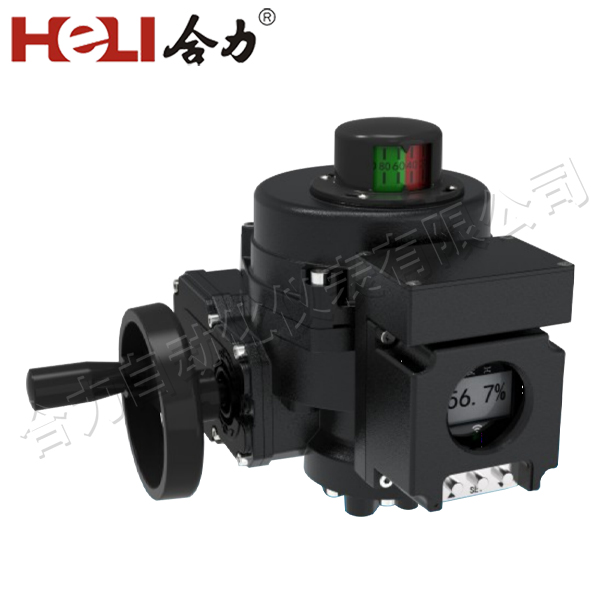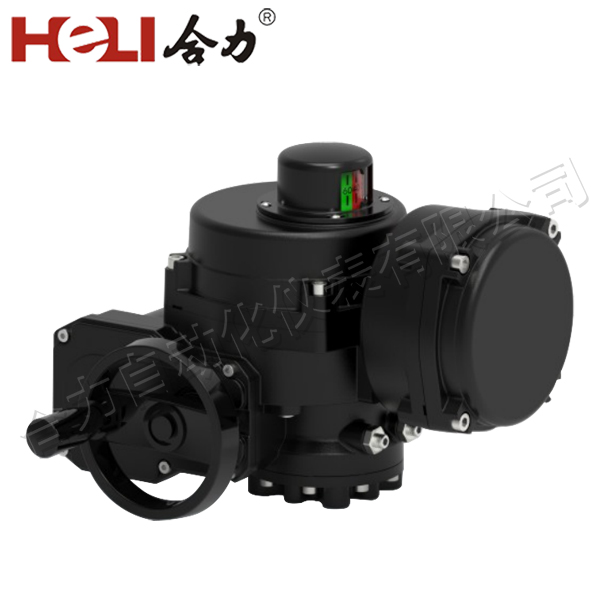
In the quest for sustainable energy solutions, hydrogen energy has emerged as a pivotal player, particularly in the development of electric actuators. These devices, which convert electrical energy into mechanical motion, are integral to various applications, ranging from industrial machinery to automotive systems. As industries increasingly seek to reduce their carbon footprints, hydrogen energy electric actuators are gaining traction for their efficiency, environmental benefits, and potential to transform energy systems.

Understanding Hydrogen Energy
Hydrogen energy refers to the use of hydrogen as a clean fuel source. When hydrogen is combusted or used in fuel cells, it produces only water as a byproduct, making it an environmentally friendly alternative to fossil fuels. With the increasing urgency to combat climate change and transition to renewable energy sources, hydrogen stands out due to its abundance and versatility. It can be produced through various methods, including electrolysis of water, steam reforming of natural gas, and biomass gasification, with electrolysis being particularly appealing as it allows for the use of renewable energy sources like solar and wind.
